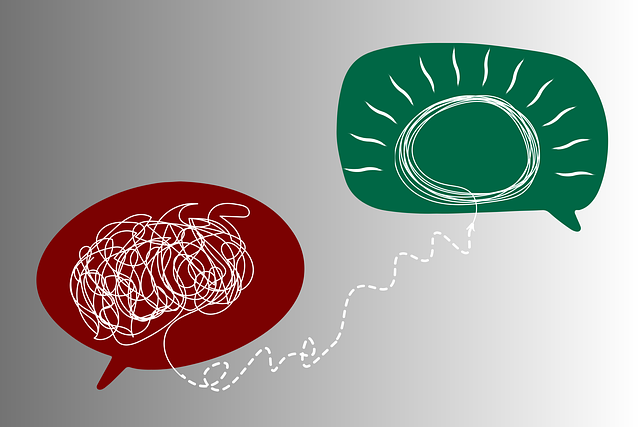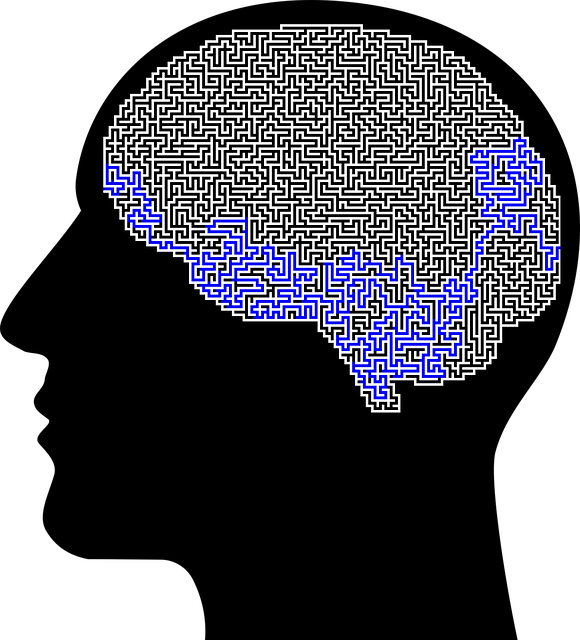Castle Rock Cognitive Processing Therapy (CRCPT) is an evidence-based approach to mental well-being, focusing on resilience and coping after trauma. It uses the RFM framework to assess current functioning and maladaptation, empowering individuals to reframe negative thoughts and develop effective strategies for anxiety management. CRCPT integrates self-care for healthcare providers and public awareness campaigns to reduce stigma, enhancing community resilience. Through structured exercises, CRCPT fosters adaptability, emotional regulation, and positive thinking, with success measured by improvements in overall well-being and problem-solving skills.
In today’s fast-paced world, building resilience is paramount for navigating life’s challenges. This article explores the power of RFM (Resilience Flexibility Model) and its integration with Castle Rock Cognitive Processing Therapy (CRCPT), a proven approach to enhancing mental fortitude. We delve into practical strategies for designing exercises that foster adaptability, explore common implementation hurdles, and provide metrics to measure success. Discover how CRCPT-based RFM interventions can empower individuals to thrive amidst adversity.
- Understanding RFM and Its Role in Resilience Building
- Implementing Castle Rock Cognitive Processing Therapy (CRCPT)
- Designing Effective Exercises for Resilience Enhancement
- Overcoming Challenges and Measuring Success with RFM
Understanding RFM and Its Role in Resilience Building

Resilience is a crucial aspect of mental well-being, enabling individuals to navigate life’s challenges and adversity with strength and adaptability. Castle Rock Cognitive Processing Therapy (CRCPT), a therapeutic approach, emphasizes the importance of understanding and cultivating resilience through specific exercises. RFM, or Recovery, Functioning, and Maladaptation, is a key framework within CRCPT that plays a pivotal role in building resilience.
This model helps individuals assess their recovery from traumatic or stressful events, understand their current functioning, and identify areas of maladaptation. By focusing on these aspects, CRCPT facilitates the development of coping strategies and enhances self-awareness exercises, which are essential for managing anxiety relief. The Community Outreach Program Implementation of such therapy can empower folks to revolutionize their mental health journey, fostering a sense of resilience that reverberates through various life domains.
Implementing Castle Rock Cognitive Processing Therapy (CRCPT)

Implementing Castle Rock Cognitive Processing Therapy (CRCPT) offers a powerful framework for enhancing resilience and managing mental health challenges. CRCPT is designed to help individuals process traumatic or stressful events, focusing on cognitions, emotions, and behaviors. This therapeutic approach encourages clients to explore and reframe unhelpful thought patterns, fostering a sense of control and empowerment. By employing techniques like cognitive restructuring, mindfulness exercises, and exposure therapy, CRCPT facilitates the development of coping strategies that can significantly improve an individual’s ability to navigate life’s difficulties.
Incorporating CRCPT into resilience-building programs aligns with broader efforts in Public Awareness Campaigns Development and Mental Illness Stigma Reduction. By educating the public about cognitive processing therapies like CRCPT, these initiatives promote empathy building strategies and encourage individuals to seek support without fear of judgment. This, in turn, can lead to more open conversations about mental health, enhancing community resilience as a whole.
Designing Effective Exercises for Resilience Enhancement

Designing Effective Exercises for Resilience Enhancement involves a nuanced approach that leverages evidence-based practices like Castle Rock Cognitive Processing Therapy (CRCPT). This therapy encourages individuals to challenge and reframe negative thought patterns, fostering adaptability and resilience in the face of adversity. By integrating CRCPT principles, exercises can be tailored to help participants develop healthier cognitive frameworks, leading to improved emotional well-being.
Incorporating self-care routine development for better mental health is a critical component of these exercises. Burnout prevention strategies for healthcare providers, often on the front lines of stress and pressure, are particularly beneficial. Public awareness campaigns development can also play a significant role in promoting these resilience-building practices, ensuring that individuals across various sectors have access to tools that enhance their coping mechanisms and overall resilience.
Overcoming Challenges and Measuring Success with RFM

Overcoming Challenges is a pivotal aspect of implementing Castle Rock Cognitive Processing Therapy (CRCPT). This therapy approach is designed to empower individuals, especially those dealing with mental health issues, by enhancing their resilience and coping mechanisms. CRCPT encourages clients to confront and navigate life’s challenges head-on, fostering a sense of agency and self-efficacy. Through structured exercises, professionals guide patients to transform negative thinking patterns into positive ones, thereby building mental fortitude. This shift in perspective is crucial for managing stress and overcoming adversity, enabling individuals to thrive despite life’s hurdles.
Measuring Success in CRCPT involves assessing the client’s progress through various metrics. Therapists can track improvements in emotional regulation, problem-solving skills, and overall well-being. The ability to adapt and maintain positive thinking, even during stressful situations, is a key indicator of successful implementation. By integrating Risk Management Planning for Mental Health Professionals, therapists ensure they are equipped to handle clients’ evolving needs. This strategic approach not only aids in managing crises but also reinforces the benefits of CRCPT, contributing to meaningful Mental Illness Stigma Reduction Efforts by promoting understanding and hope within the community.
The implementation of Castle Rock Cognitive Processing Therapy (CRCPT) offers a powerful framework for building resilience through structured exercises. By understanding the RFM model and its key principles, practitioners can effectively design interventions to enhance individuals’ coping mechanisms. Overcoming challenges in therapy adherence and measuring progress is crucial, ensuring that CRCPT becomes a game-changer in fostering mental strength and adaptability. This approach, with its focus on cognitive processing, has the potential to revolutionize how we navigate through life’s challenges, making it an essential tool for resilience building.














